Desk Diaries: Safyah’s Ramadan Experience in the Workplace
Details: Written by Kate Hutchinson
|
Published:

Join Safyah Akhtar, our very own Head of Growth and Acquisition at The Skills Network, as she shares her unique insight into observing Ramadan while managing the responsibilities of a busy work life. Ramadan is a sacred month for Muslims worldwide, bursting with increased closeness to faith, family togetherness and joy. However, for many Muslim working professionals, the demands of their jobs can pose challenges to fully experiencing and embracing the spiritual significance of this holy month. From finding moments of tranquillity during a hectic workday to seeking understanding from colleagues and employers, this blog will explore the various dimensions of observing Ramadan in the working world. Whether you're a Muslim professional seeking solidarity and inspiration or someone curious about how Ramadan shapes the work experiences of others, this blog offers a glimpse into a journey of faith, resilience, and self-discovery. So, grab a seat at Safyah’s virtual desk, and discover her unique experience during the most important month on the Islamic calendar. Over to you Saf….
“Ramadan is not just a month of fasting, it's a vibrant tapestry woven with faith, community, and self-reflection. In this insightful blog post, I want to share a rare glimpse into my daily life during this sacred time, inviting you to understand and appreciate its significance.
It's a period that has always humbled me while strengthening my faith, and empowering me to achieve personal and professional goals throughout the year.
But what happens when this sacred period overlaps with the daily demands of work?
As a Muslim myself, I want to share a glimpse into my typical workday during Ramadan, offering a window into the joys and challenges of navigating both faith and professional responsibilities. I’m a big believer in bringing your full self to work - adding a layer of your unique authenticity into everything you do.
So, when the opportunity came to collaborate on this blog, I thought it would be the best chance to provide you with a sneak peek into my world and show you what my workday looks like during Ramadan.
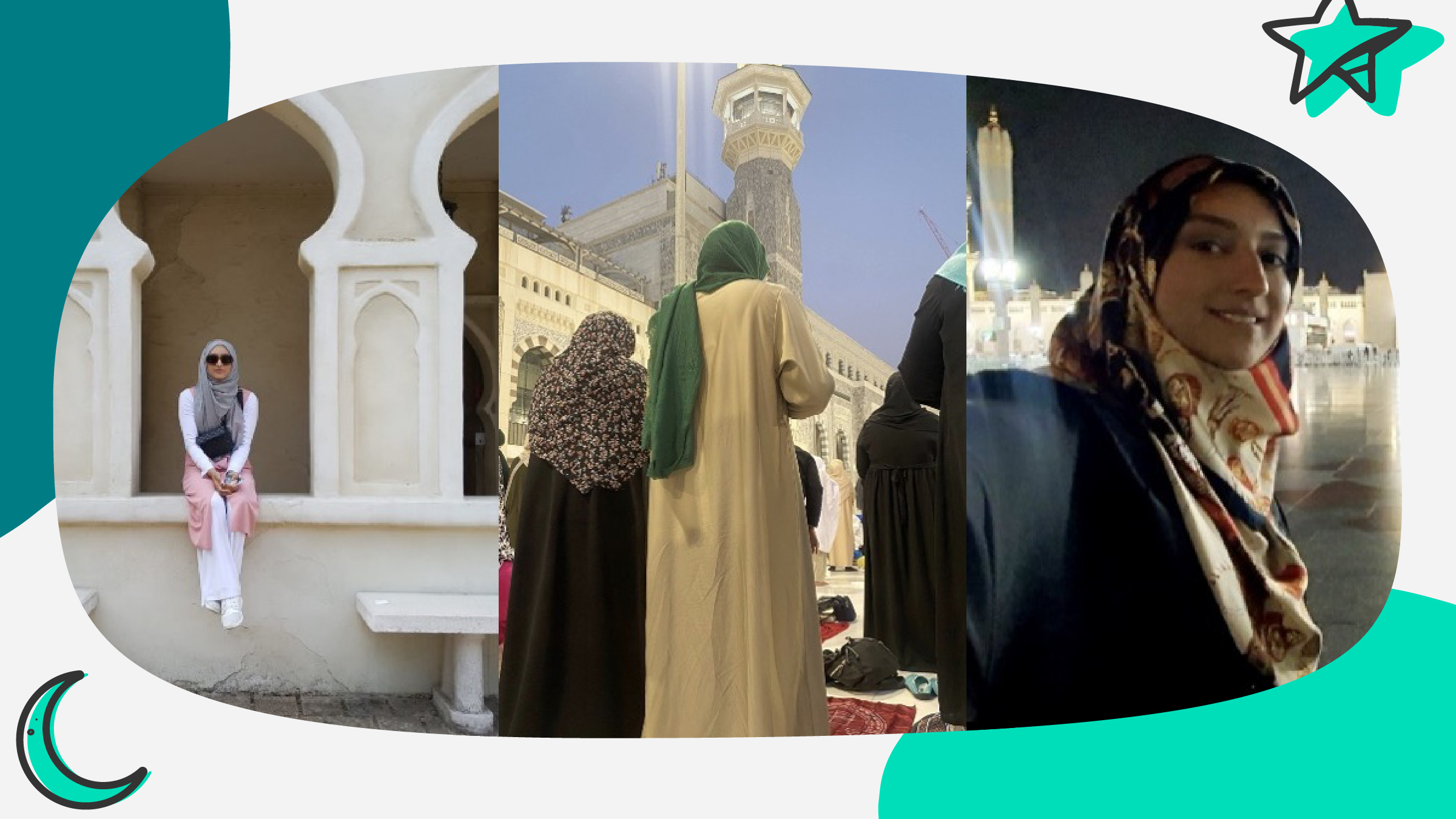
If you don’t know much about Ramadan (other than hearing the word every year) get ready to be enlightened. By sharing my own experience, I hope to reveal the importance of:
Raising Awareness: Learning about Ramadan not just as a calendar event, but as a personal and spiritual journey, building empathy and understanding.
Accommodating Diverse Practices: Flexible work arrangements and open communication about fasting needs pave the way for a seamless Ramadan experience for employees.
Authenticity at Work: Embracing unique cultural and religious identities enriches the workplace and fosters genuine connections.
Inclusion for All Faiths: Recognising and respecting Ramadan is a step towards creating a truly inclusive environment where everyone feels valued and supported.
By learning from this personal experience, we can cultivate a more inclusive workplace where everyone feels empowered to be their authentic selves, regardless of their beliefs and practices. Ramadan becomes a catalyst for growth, not just for individuals, but for the entire community.
May this journey of discovery empower us to build a workplace where everyone feels truly connected, included, and valued.”
When is Ramadan 2024?
Ramadan is the ninth month of the Islamic lunar calendar, and its timing varies each year because the Islamic calendar is based on the moon's phases. The exact dates of Ramadan depend on the sighting of the moon, and it typically shifts forward by about 10-12 days each year in the Gregorian calendar.
So whilst, we cannot say exactly when, it is anticipated that Ramadan 2024, will begin on the evening of Sunday 10th March or early Monday 11th March and will last until sundown on Tuesday 9th April.
To get the precise dates for Ramadan in a specific year, it's best to consult an Islamic calendar or reliable sources that provide accurate information about the beginning and end of Ramadan based on moon sightings and Islamic authorities' announcements.
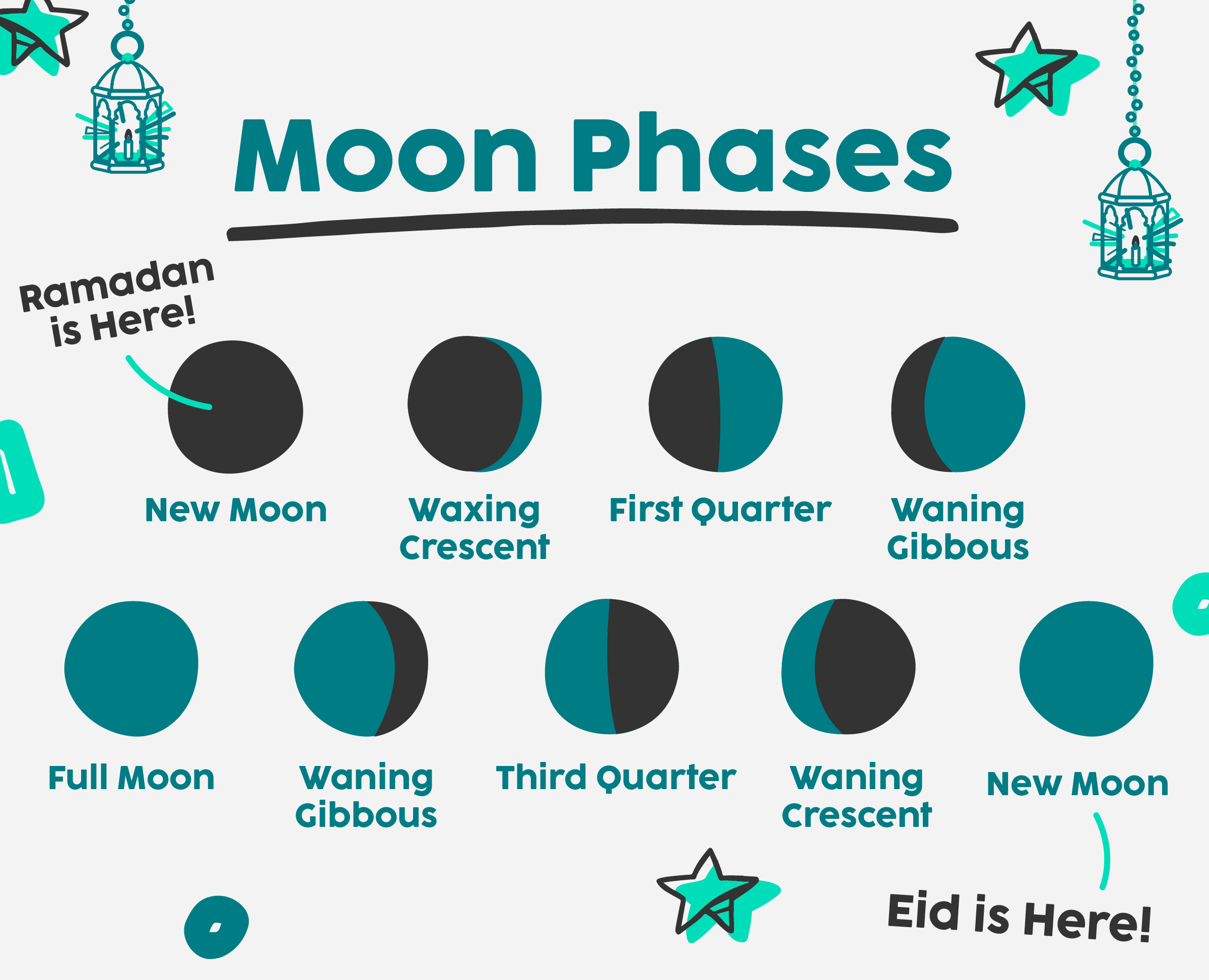
What is Ramadan?
Ramadan is considered one of the Five Pillars of Islam, the five basic acts of worship obligatory for all Muslims.
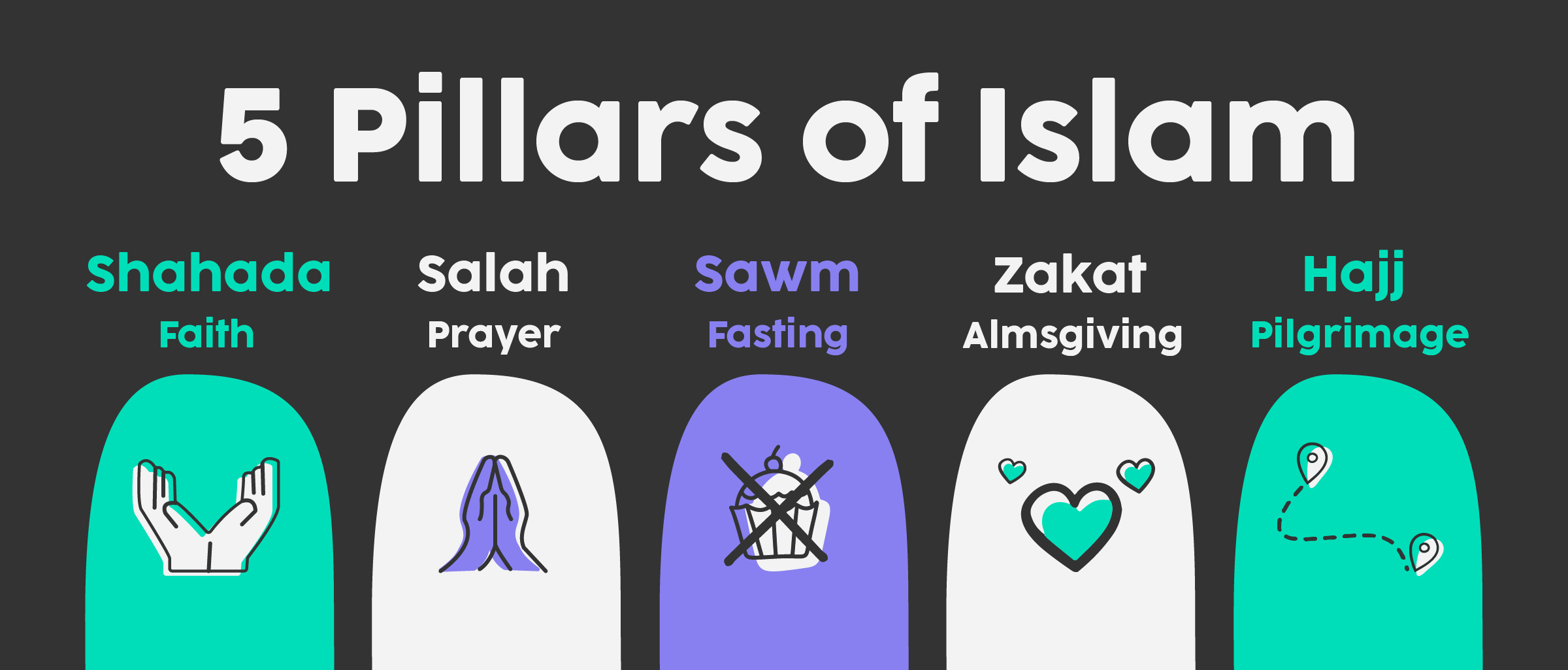
Can You Drink Water When Fasting During Ramadan?
During the fast of Ramadan, Muslims must abstain from any food or drink- including water from dawn until sunset.
Sehri and Iftar are two important terms associated with fasting during the Islamic month of Ramadan.
Sehri: Sehri refers to the pre-dawn meal before daily fasting begins during Ramadan.
It is eaten before the Fajr (dawn) prayer and is considered important because it provides the necessary energy and sustenance to endure the fast throughout the day.
Iftar: Iftar is the evening meal where Muslims break their fast at sunset during Ramadan.
The meal starts immediately after the Maghrib (sunset) prayer. Iftar is often seen as a communal gathering where family and friends come together to share a meal after a day of fasting.
These meals hold significant cultural and religious importance for Muslims during Ramadan, fostering a sense of community, gratitude, and spirituality.
Now that you know a little more about Ramadan, let’s take a look inside Safyah’s diary during a typical work day as she observes the holy month as Head of Growth and Acquisition at The Skills Network…..

“The air is filled with anticipation as Ramadan approaches.
Mosques buzz with nightly prayers, homes transform into culinary havens with shared Iftar meals, and social media overflows with recipe swaps and cooking tips.
This month, Muslims around the world embark on their annual journey of spiritual growth, marked by fasting, prayer, and reflection. Imagine excitedly anticipating a month where you willingly abstain from food and drink for 16 hours each day.
It might sound counterintuitive, but for Muslims worldwide and for me, Ramadan is a deeply cherished time of spiritual growth and community connection.
Ramadan is not just about sacrifice, it's a vibrant tapestry woven with family, reflection, and joy. Ramadan is a month of spiritual growth, community, and self-reflection for millions of Muslims worldwide.”
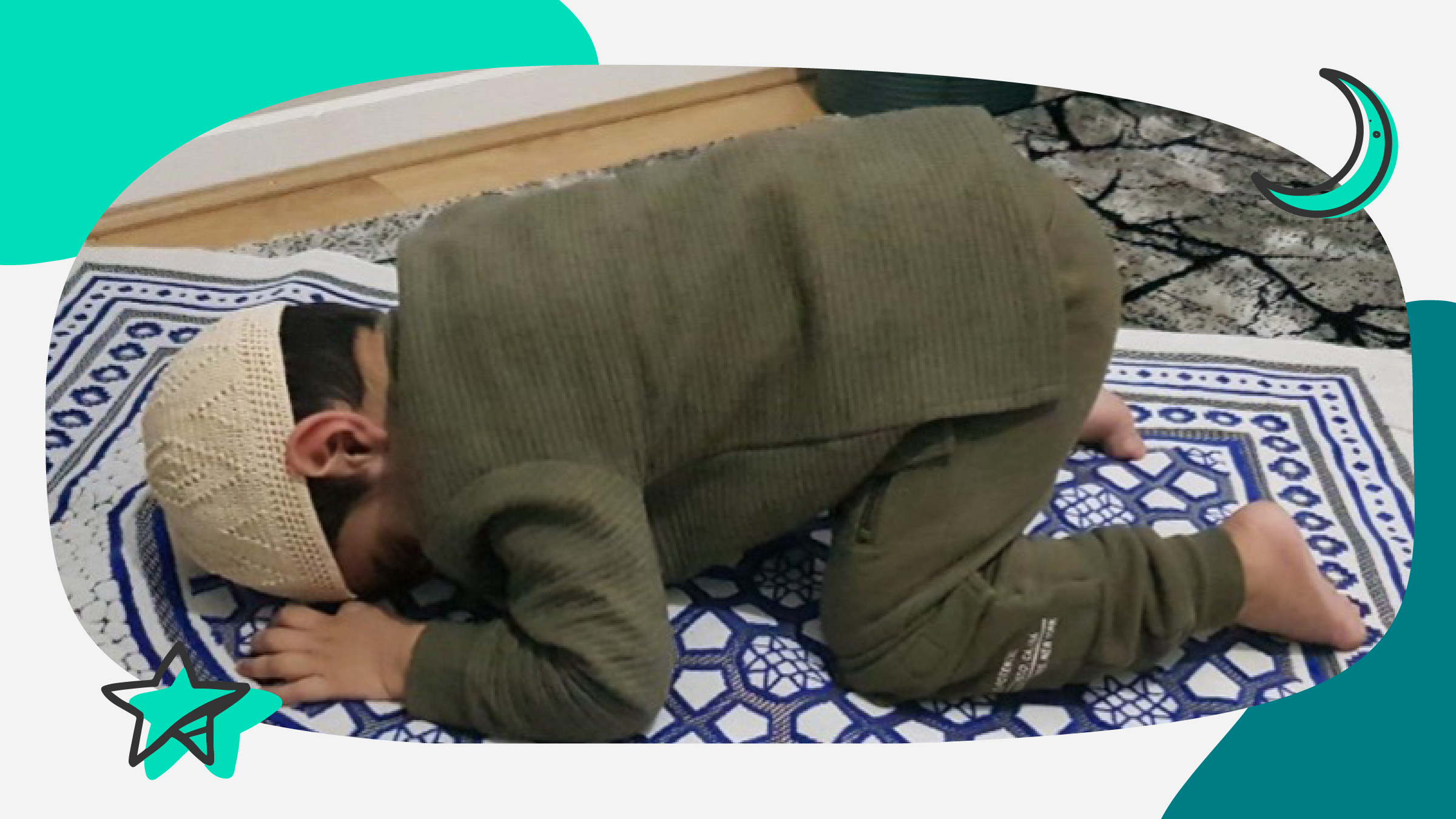

My journey begins at approximately 3.30am (before dawn) with the pre-fast meal, Sehri, followed by quiet moments of prayer and reflection.
The pre-dawn meal of Sehri is a quiet and calm moment, preparing myself physically and mentally, it sets the tone for the day ahead.
After a short prayer and meditation, I now switch gears, diving into my work with the benefit of a clear mind and renewed focus. Making use of flexible working hours, I start early to capitalise on my peak energy levels.

Flexible working hours are a blessing during Ramadan, my current timings (6am to 2pm) don’t overlap with any of the 5 daily prayers - allowing me to seamlessly integrate prayer times into my full day and not disrupt my workday.
The midday prayer, Dhuhr, is performed just after I finish work for the day, followed by a quick school run to pick up my children. While they enjoy their snacks, I then perform Asr, the third prayer.

As the sun sets, the anticipation for Iftar, preparing food and the breaking of the fast, draws nearer. Sat at the dinner table thanking God for the strength to complete the fast, in that quiet moment, I remember loved ones near and far, whispering a prayer for their well-being and sending blessings to those no longer with us.
Dates and water then nourish my body as I break the fast, followed by the Maghrib prayer, marking the end of the fast. Some evenings, my children join me in prayer, their faces filled with peace and excitement. On other days, they eagerly grab the Ramadan calendar, keen to mark another day's accomplishment. The joy in their innocent eyes reminds me of the true spirit of this month – a celebration of faith, family, and community.
Sharing these moments with loved ones creates a heightened sense of togetherness and community.

Later, the night concludes with Tarawih. These special prayers fill the month with an extra layer of devotion, a chance to deepen my connection with the divine.
I join the vibrant sea of worshippers at the mosque if it's not a school night, the communal spirit offering solace and strength. On other nights, my children and I wave goodbye to their father as he heads to the mosque, and I pray in the home prayer room after tucking them into bed.
With quiet settling around me, I return to the Quran, savouring its verses and aiming to complete the entire book by Ramadan's end. Some nights, I perform additional prayers, seeking a more profound spiritual connection.
These moments become spaces for introspection, reviewing forgotten religious knowledge, memorising supplications, and delving into lectures on Islam's rich tapestry. It's a time to revisit areas I've neglected throughout the year, a chance for personal growth alongside my spiritual journey.
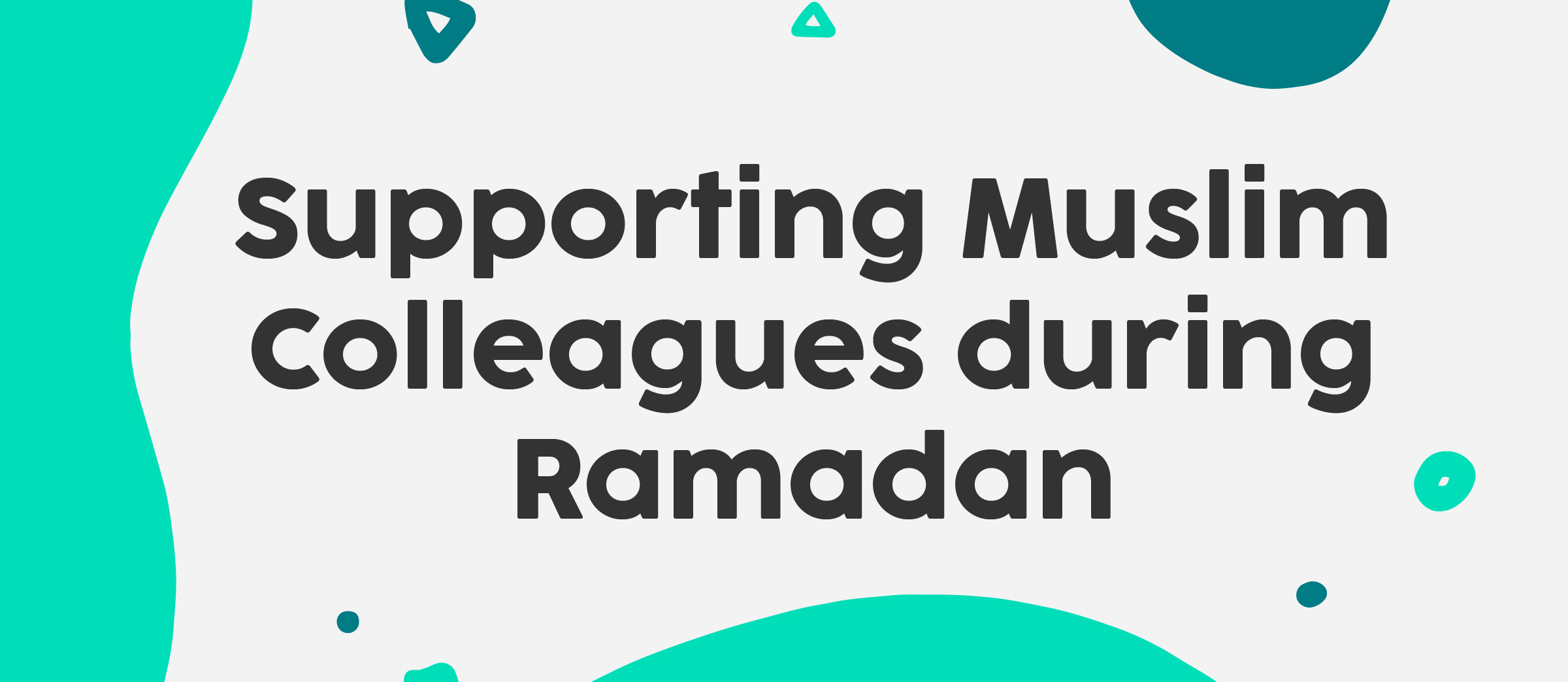
How to Support Colleagues During Ramadan
The month of March is an incredibly busy time for Muslim professionals, trying to juggle their working day whilst also doubling down on their religious practices.
It helps to be curious, Safyah continues,
“There are always the common anticipated questions from managers and coworkers borne out of curiosity around Ramadan that crop up time and time again, tending to finally manifest themselves as ‘not even a sip?!’ - but honestly speaking, we tend to love these conversations and all the questions – so keep them coming!”
Coworkers can support their colleagues throughout March by making reasonable adjustments and accommodations where possible.
Not sure where to start? Check out these 4 handy tips below:
1. Assume some coworkers are fasting- Generally, all Muslims are expected to fast during Ramadan with some exceptions for:
- Pregnancy
- Menstruation
- Mental Health Conditions
- Physical Health Conditions
2. Be aware of how long their days might be-During Ramadan, every day will start at around 4 am and go late into the night due to eating the pre-dawn meal (Sehri) and the extended night prayers that can last up to 1 hour in congregation at the Mosque (Tarawih).
This often means your colleagues might not get to sleep until after midnight for an entire month.
3. Find alternatives to physical exertion- Many Muslims will experience mental and physical signs of fatigue due to fasting, late nights and a busier-than-usual schedule including:
- Brain Fog
- Struggling to focus
- Low Blood Sugar Levels
- Sleep Deprivation
4. Accommodate flexible working hours- Managers and coworkers must consider the official Ramadan timetable that their Muslim colleagues will be observing throughout March- including prayer, mealtimes and increased charitable work to name a few.
If you can, why not ask your colleague what time works best for them before putting something in their diary?
Want to learn more about Ramadan hours?
Diversity and Inclusion at The Skills Network
Here at The Skills Network, we are proud to support employees of all faiths.
From a dedicated prayer room in our office buildings to honouring flexible working hours where needed, we are committed to supporting colleagues with their religious practices and needs.
Lorraine Donoghue, Executive Director of People at The Skills Network shares...
“Here at The Skills Network we have policies and procedures in place to support diversity and flexibility and will aim to accommodate requests to support colleagues wherever possible. We have been working in different ways to improve our diversity and inclusion practises and in our recent survey, we are pleased to understand that colleagues feel we are making significant improvements with D&I. We welcome and encourage colleagues to discuss any personal requirements to support their cultures and beliefs with their line manager. “
Safyah continues...
“I’m fortunate to have flexible working hours during Ramadan. Starting my workday at 6 am, I will normally power through and keep working through what I would normally call my lunch break and finish my workday at 2 pm. These timings work so well as they make use of the optimal time in which my body has the highest capacity to be productive.
This month is an accelerator for my spiritual growth, closeness to God and His final messenger and recapping the beauty of what it means to be a true Muslim.
It always serves as an incredibly exhilarating experience for me, both humbling me and empowering my faith forward to be able to achieve the goals – professional and personal – that I set for the rest of the year.”
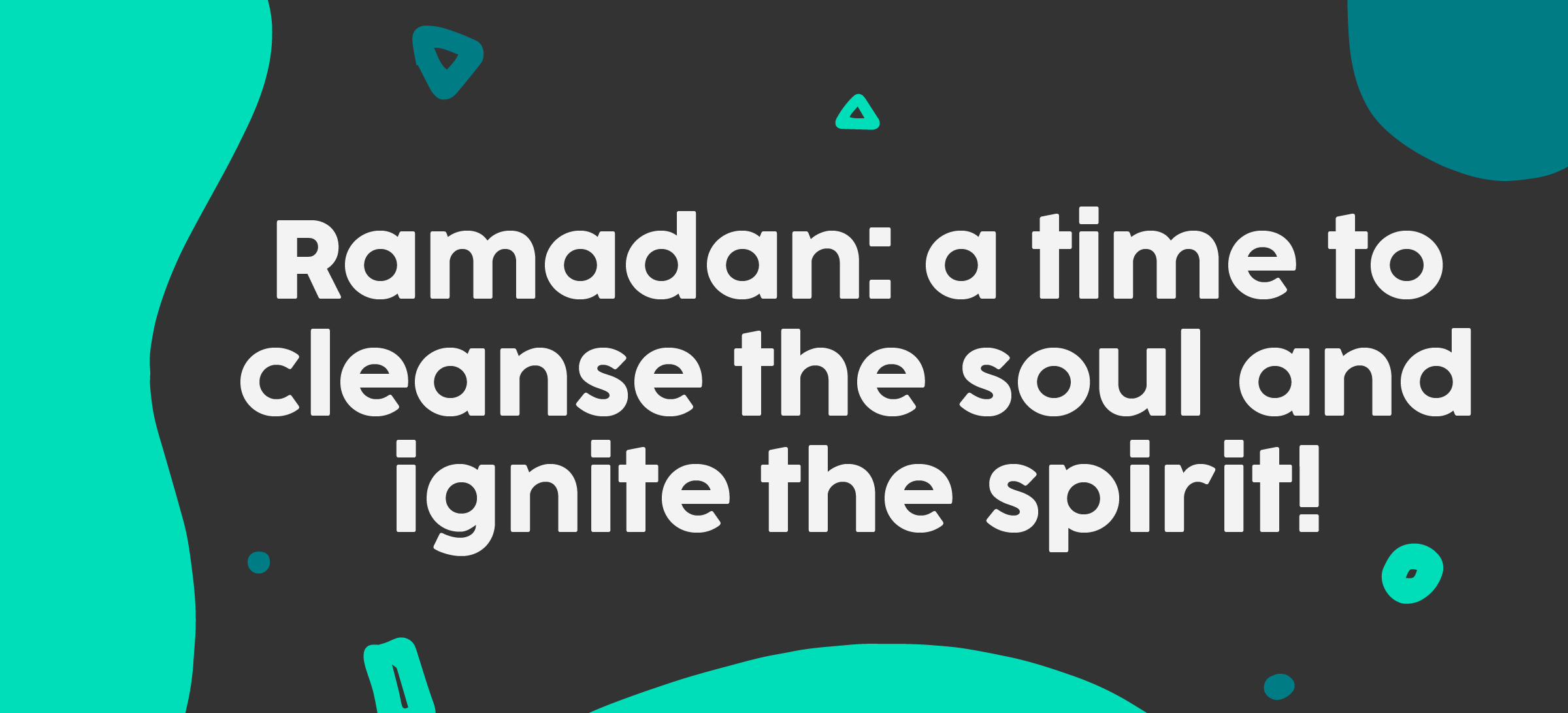
This blog has explored the holiest festival in the Islamic calendar- Ramadan.
Sharing Safyah’s experience as a working professional during Ramadan serves as a reminder that we must all work harder to listen to and recognise the unique needs and challenges that our Muslim colleagues may face during this holy month.
It reminds us to THINK before we put in that weekly 9 am call in March or order pizzas into the office as a Friday ‘treat!’
With an estimated 1.9 billion Muslim followers living and working across the globe (around 25%) raising awareness about Ramadan and understanding how we as friends, colleagues and managers can better understand and support our Muslim coworkers should be a no-brainer.
By educating ourselves and raising awareness during Ramadan, we not only demonstrate our commitment to diversity and inclusion but also enrich our workplace culture here at The Skills Network with compassion and understanding.
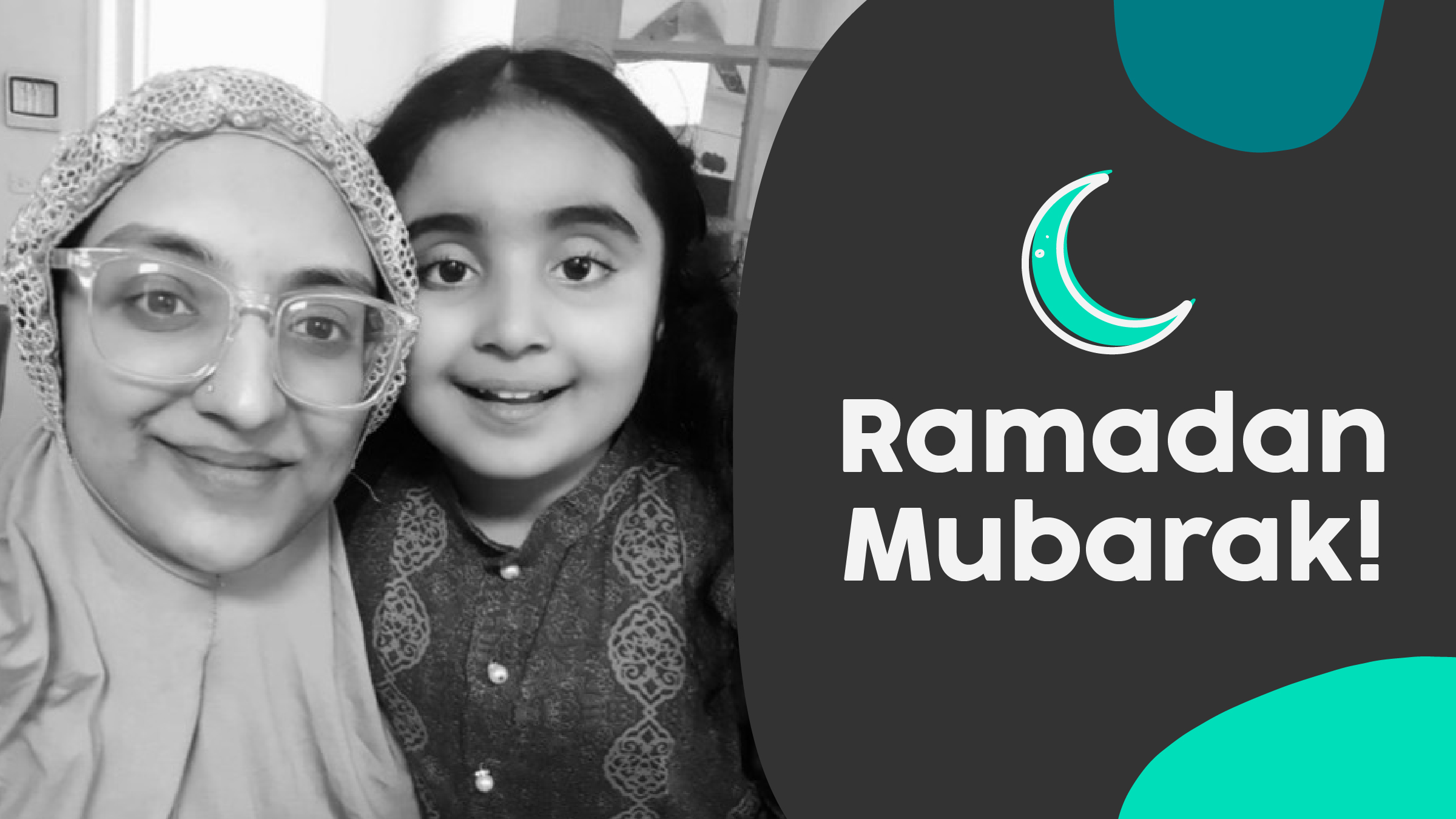
A special thank you to Safyah for sharing her valuable thoughts.
Ramadan Mubarak to all Muslim workers and our colleagues here at The Skills Network. May this blessed month be filled with peace, blessings, and joy for you and your families.